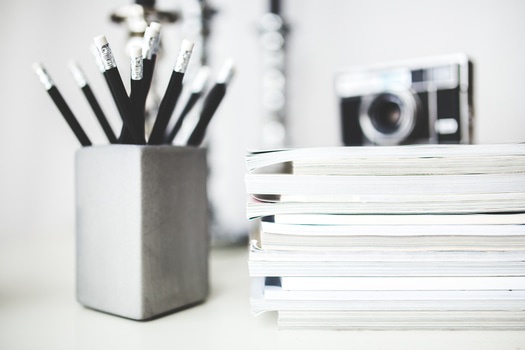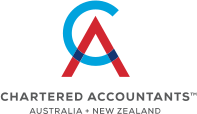Nitschke Nancarrow managing partner Kym Nitschke explains which records you should hold onto after lodging your taxes.
Why Keep Records?
If you are selected for an audit by the Australian Tax Office, you will need some paperwork to back up your claims. Without sufficient records, how else will you be able to explain how your finances flowed in and out?
If you are audited, the ATO will expect unrestricted access to records. These records can work in your favour if you have kept them and organized them.
You should keep your records for no less than five years after you lodge you Tax Return.
What Records Do You Need to Keep?
Put simply: any payments – whether income or expense – that are included in your Tax Return need to have a record accompanying them.
Examples of these important documents (as recommended by the Tax Office) include:
– Payment summaries (including those from the Department of Human Services as well as your employer)
– Statements from banks and other financial institutions indicating how much interest you’ve earned
– Company dividend statements
– Summaries from managed investment funds
– Receipts or invoices for equipment or asset purchases and sales
– Receipts or invoices for expense claims and repairs
– Contracts
– Tenant and rental records
Other Important Information About Tax Records
If you claim work-related expenses totaling $300 or more, then these must have written documentation supporting the claim.
You will also need to keep all the records associated with the acquisition of assets like investment properties, shares or managed funds. These records are what you will need to calculate Capital Gains Tax on the sale of the asset.
The moment you acquire a capital asset such as shares, an investment property or a managed fund investment, you should start keeping careful records. You will need this documentation for Capital Gains Tax if you sell the asset. Careful records can keep you from paying out more tax than you absolutely have to.
In the event that you are selected for an audit, consulting with an experienced tax accountant is the first thing you should do. Getting expert advice ensures that you will be prepared with organised records and the audit is properly conducted in line with the ATO’s practices.
Don’t let the word “audit” send you into a panic! Get advice or more information by contacting our Adelaide team at Nitschke Nancarrow. Call us on (08) 8379 9950 or send me an email.
– Kym Nitschke














